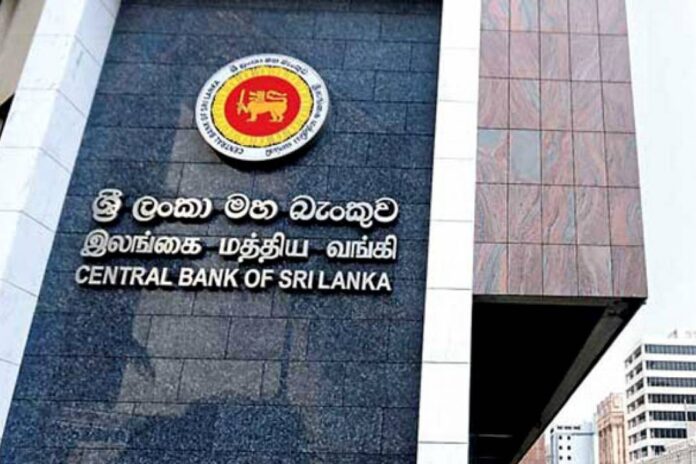By: Isuru Parakrama
November 12, Colombo (LNW): Dr. Chandranath Amarasekara, Assistant Governor of the Central Bank of Sri Lanka (CBSL), has expressed confidence that the current period of deflation will not last long enough to significantly affect the country’s production capacity.
Speaking at the recent monetary policy review briefing for 2024, Dr. Amarasekara reassured the public that the economic downturn caused by deflation is expected to be short-lived.
“We do not foresee deflation continuing for an extended period in a way that would disrupt production. By the second quarter of next year, we anticipate that deflation will be behind us,” he said.
Dr. Amarasekara’s comments come at a time when Sri Lanka is grappling with negative inflation, with consumer prices having dropped by 2.1 per cent in November—the sharpest deflationary decline recorded since 1961.
Despite the challenges posed by falling prices, Dr. Amarasekara remains optimistic that this will not lead to prolonged stagnation in the economy.
In a follow-up exchange with a journalist who questioned whether corporate profitability might be impacted if deflation persists, CBSL Governor Dr. Nandalal Weerasinghe responded by noting that lower production costs could, in fact, lead to higher profitability for businesses.
“When the cost of production decreases, profitability can improve,” he explained, suggesting that companies may benefit from reduced expenses even in the face of deflation.
In another key update, Dr. Weerasinghe noted that Sri Lanka no longer needs to rely on foreign exchange swaps, as the country’s foreign reserves have shown significant improvement, providing the nation with adequate liquidity to manage its financial obligations.
This marks a positive shift for Sri Lanka’s economy, he went on, adding that this has been under pressure from foreign exchange shortages in recent years.
Meanwhile, K.V.K. Alwis, the Director of the CBSL’s Payments and Settlements Department, revealed that Sri Lanka is in the process of negotiating with Indian authorities to implement a system that would allow Sri Lankans to make payments in Sri Lankan rupees whilst visiting India.
This initiative would mirror the UPI (Unified Payments Interface) system, which allows Indian tourists to pay in their own currency whilst in Sri Lanka, creating a more seamless financial exchange between the two countries.
The bank attributes the deflation to downward adjustments in energy prices and the reduction of volatile food prices, factors which are expected to contribute to the return of stable inflation in the months ahead.

